Investor's Picks 📈 FREE COURSE ⚡Chapter 2: Disruptive Innovation with Blockchain 2.0
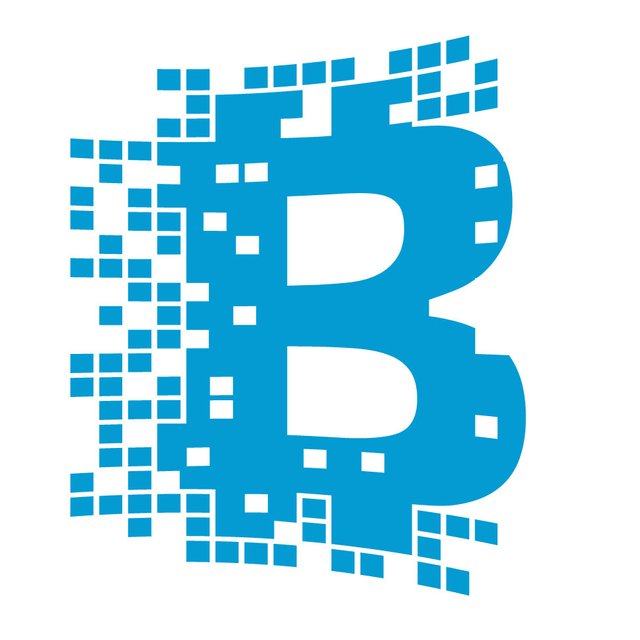
Welcome back to the @blockchainblog
📈⚡
Free Crypto Insights on Steemit
03/23/2018
Chapter 2: Disruptive Innovation with Blockchain 2.0
Agenda:
- Ethereum
- Ripple
- Zcash
- Hyperledger
- Corda
1) Ethereum
Founders of the Ethereum protocol, took blockchain to the next level. The Bitcoin blockchain enabled peer-to-peer transactions, while Ethereum enables peer-to-peer smart contracts with built-in contractual business logic.
Ethereum is an all-purpose blockchain. While bitcoin focuses exclusively on value transfer, Ethereum is a general-purpose database. Transactions on the Ethereum blockchain are programs that enforce rules on how data can be manipulated.
The most obvious application of Ethereum involve value transfer and smart contracts.
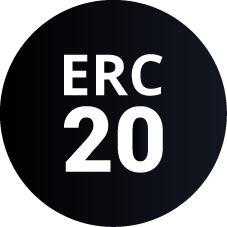
Distributed applications or Dapps can be used to program the flow of value according to rules that support specific applications, escrow, crowdfunding etc. In the near future, this could extend to corporations that exist solely on the blockchain where company decisions are made by shareholders voting through Ethereum transactions.
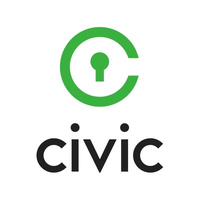
2) Ripple
Instead of relying on a blockchain like Bitcoin or Ethereum, ripple replaced the blockchain with a chain of ledgers and replaced mining with a distributed agreement protocol. Ripple’s ledger contains a built-in exchange function to allow the trade of digital assets and payments to be made across currencies.

Ripple’s focus is to use its technology for cross border payments. The goal with ripple is to provide greater access to financial infrastructure, speed international payments and reduce cost.
3) Zcash
Although Bitcoin was originally thought of anonymous, it is not. Bitcoin is pseudonymous. Bitcoins can be traced through transactions and sophisticated tools can be used to see through the efforts made to obscure bitcoin movements.

Bitcoins are sometimes stolen, and efforts are made to track the stolen coins. Exchanges or traders may refuse to accept stolen bitcoins. Although this may seem noble, but it also creates fear, uncertainty and risk associated with holding bitcoins.
Zcash added a built-in “mixing” feature that can make it much more difficult to trace coins through transactions. This feature makes Zcash especially suitable for black market transactions. Developers of Zcash argue that privacy is a fundamental human right.
4) Hyperledger
Hyperledger is a project organized by the Linux foundation. Participants in the Hyperledger project include: IBM, Intel and R3CEV. The goal of the project is to create enterprise standards and software for applications that use private distributed ledgers.
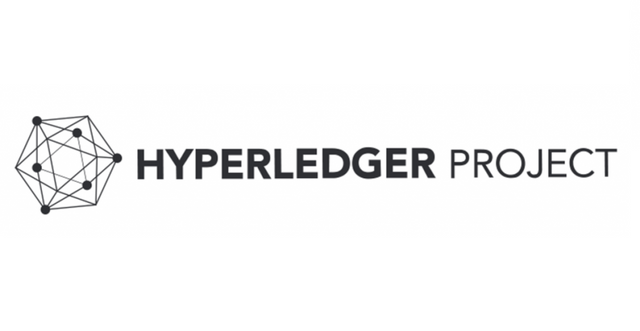
Hyperledger is not intended to create a new cryptocurrency but rather a toolkit for building private systems. The private systems would in turn use a distributed ledger internally to provide redundancy, transparency and fault tolerance.
In the future, entities like Hyperledger could make it easier to create conglomerates that use software to enforce government by consensus of the participants.
5) Corda
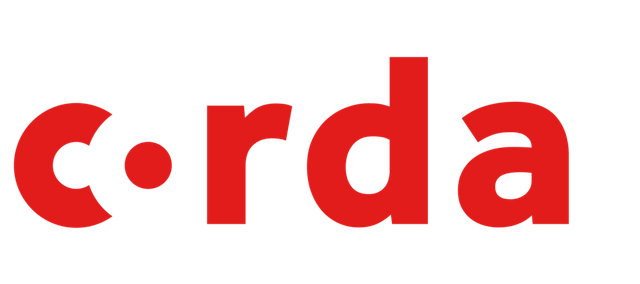
Coins mentioned in post: